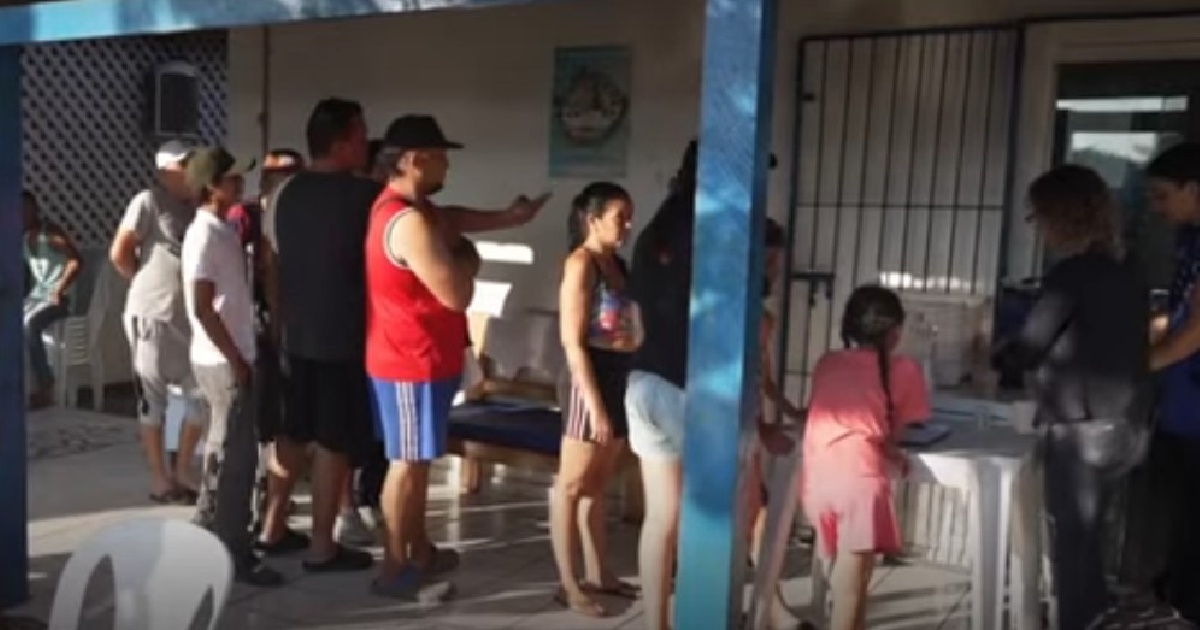
Related videos:
The economic crisis in Cuba has forced hundreds of thousands of its inhabitants into dangerous and prolonged journeys, seeking temporary refuge in remote and rugged locations in search of a better life, preferably in the United States. This is the case for Cuban Miguel Hidalgo, who is currently in a shelter in the heart of the Brazilian Amazon.
Hidalgo, 52 years old, is one of the many Cubans who left their homeland during what is considered the largest migration exodus in the island's history.
Years ago, he tried to reach the United States. He left Cuba heading to Suriname, then arrived in Brazil, and he has no plans to leave the country in the near future, according to a report by the U.S. news agency AP.
The Cuban is among the dozens of immigrants who are housed in shelters in the state of Acre, specifically in its capital city, Rio Branco, near the border with Bolivia.
"I like Brazil. I've been here for a short time, but people don't have prejudices against me; they are friendly," Hidalgo told AP.
"I want to live like a human being. I'm not asking for riches. I want to live in peace, to help my family in Cuba," said the Cuban migrant, who is seen in a photo from the report while having a glass of milk, on June 22nd.
AP does not provide further details about the Cuban or the shelter where he lives, but it does describe the precarious conditions of another shelter located in the city of Assis Brasil, bordering Peru. The wooden building has only six rooms, where 45 people of different nationalities are accommodated. The report did not specify if there are also Cuban immigrants there.
Gladson Camelli, governor of Acre - the westernmost state of Brazil - expressed to AP his concern about a potential increase in the flow of South American immigrants in the near future. "Our government has tried to do its part in humanitarian support," he stated.
Several immigrant refugees in Acre, interviewed by the news agency, commented that they decided to pause their journey to the United States and remain in Brazil after the administration of President Joe Biden issued a executive order that suspended asylum for migrants who crossed the border illegally with Mexico.
Last week, the U.S. government reported that detentions for illegal crossings from Mexico decreased by more than 40% since the temporary suspension of asylum processing at the border between the two countries on June 5. AP highlighted that fewer than 2,400 arrests per day were recorded for the first time during Biden's administration.
In May, 18,988 Cubans arrived on U.S. soil, most of them at the land border separating the country from Mexico, according to the monthly data published by the Customs and Border Protection (CBP) office.
Filed under: